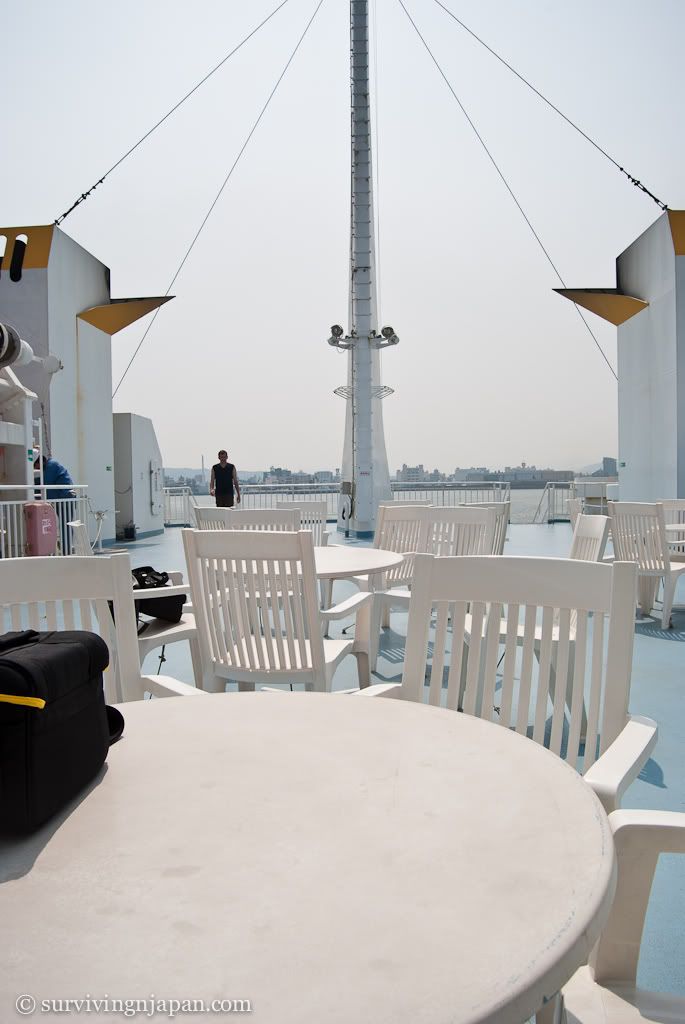Last week I introduced you to the
wonderful world of Japanese hotel plans, with a promise of how to make a hotel reservation online (in Japanese). Some of you mentioned your experiences and the ease of finding hotels, which is very true for major cities, heavily traveled areas, searching in English, etc. Perhaps you want to go off the beaten track a little bit, or even just try and find a few more (affordable) options. My secrets to finding a decent hotel typically involve Google maps,
Rakuten (in Japanese),
Trip Advisor, and sometimes just typing the name of the location with "ホテル" (hotel) in my search engine to see what comes up. (I don't typically stay at ryokan because the touristy ones are far too expensive - sometimes up to 100,000 yen a night. There are good ones out there, and good deals, but this would require an entirely different post to delve into).
Many hotel sites offer some English version of their site, even if only a page. And while you may come across some decent deals in English, I would advise looking through the Japanese version of the site as well. (Sometimes you won't have a choice, if the site is ONLY in Japanese). I've almost always found better deals on the Japanese version of the site (again, not EVERY time, but most of the time).
The following how-to covers just one hotel site as an example. Of course, you probably all know that websites vary and the order in which they do things may be slightly different than presented here. Generally the steps are typically the same, but don't panic if a step on the site you are using differs from those below. Look at the kanji, compare and try to discern what information is being asked for.
All right, let's book a room shall we?






